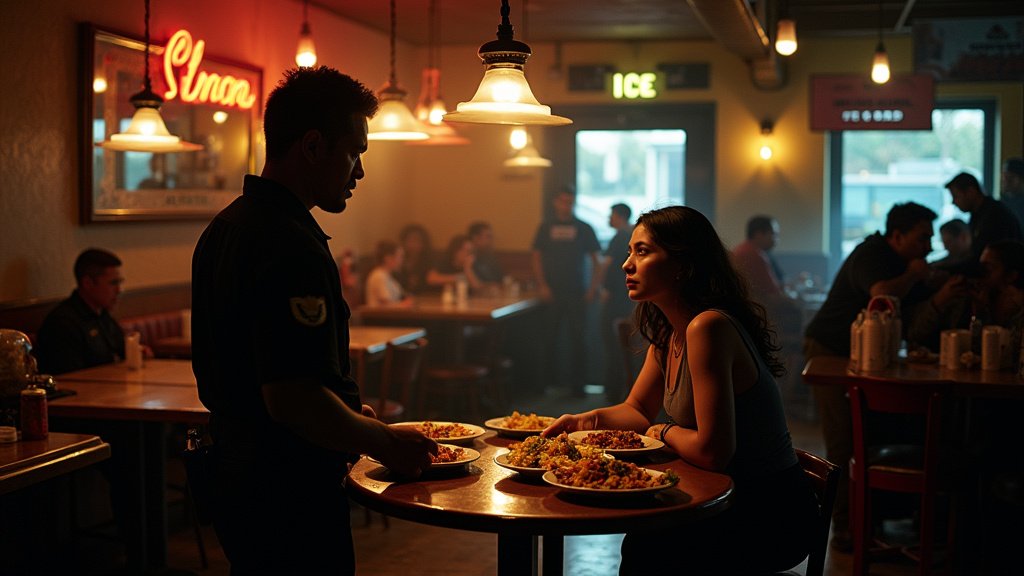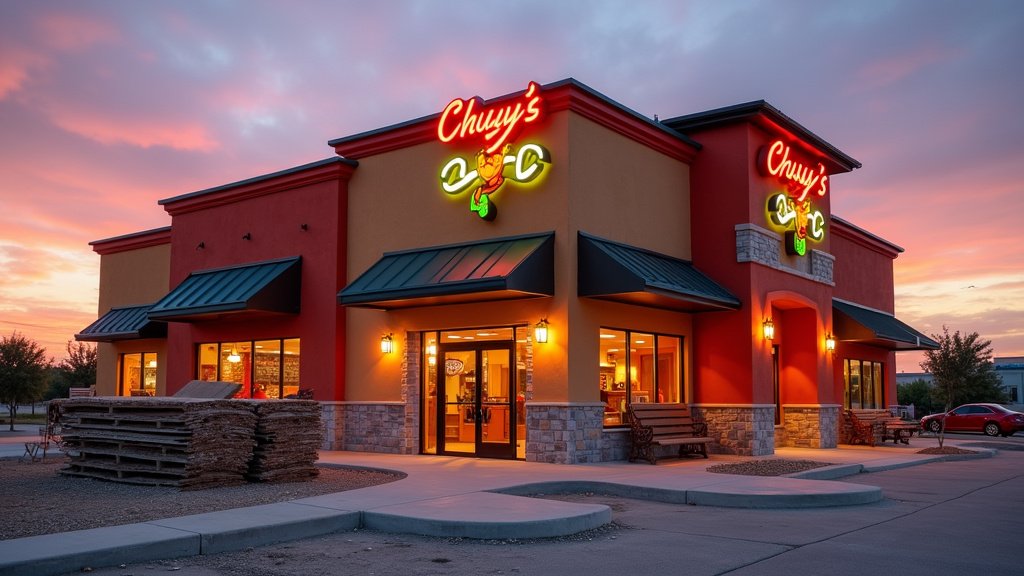Texas Committee Greenlights Plan to Expedite Restaurant Licensing
A pivotal step towards significantly reforming the state’s intricate restaurant permitting system was taken today as the Texas House Committee on Licensing and Administrative Procedures voted to advance HB 1234. Authored by Representative Elena Rodriguez, the proposed legislation aims to slash the current average time it takes to approve restaurant permits from over 55 days to a target goal of just 20 days. This initiative represents a potentially significant shift for Texas’s vibrant and expanding food service sector, which has long grappled with the challenges posed by a fragmented and often slow licensing process.
Addressing Bureaucratic Bottlenecks
The current landscape for obtaining permits to open or operate a restaurant in Texas is often described by industry stakeholders as cumbersome and inconsistent. Businesses frequently face a labyrinth of requirements that can vary substantially from one local jurisdiction to another. This lack of uniformity, combined with paper-based applications and disparate review processes across state and local entities, contributes significantly to the lengthy waiting periods that prospective restaurateurs endure. These delays not only postpone business openings and revenue generation but also add substantial uncertainty and financial strain through prolonged pre-opening expenses without corresponding income. The objective of HB 1234 is to directly address these inefficiencies by introducing a more streamlined and standardized approach.
Key Provisions of HB 1234
At the heart of HB 1234 are two primary mechanisms designed to accelerate the permitting timeline: the establishment of a new statewide online application portal and the standardization of licensing requirements across various jurisdictions. The online portal is envisioned as a centralized platform where applicants can submit all necessary documentation electronically, track the status of their application in real-time, and receive timely notifications. This digital transition is expected to reduce administrative overhead, minimize errors associated with paper submissions, and enhance transparency throughout the process. Furthermore, by working towards standardizing requirements, the bill seeks to eliminate much of the confusion and delay caused by navigating different rules in different cities or counties. A consistent set of criteria would provide clarity for applicants and potentially expedite reviews by regulatory bodies.
Strong Support from Industry
The bill has garnered enthusiastic support from the Texas Restaurant Association and other industry groups. They view the current permitting delays as a major impediment to growth and innovation within the state’s food service industry. Reducing the average approval time to 20 days is seen as a game-changer that could significantly lower the barrier to entry for new businesses and facilitate the expansion of existing ones. Supporters argue that the reduced operational burdens— stemming from shorter waiting times, less administrative complexity, and predictable processes— will encourage entrepreneurship, stimulate investment, and ultimately create jobs. The Texas Restaurant Association specifically lauded the committee’s decision, highlighting the 9-4 vote in favor as a crucial step towards alleviating the pressures faced by restaurants navigating the current system. They emphasize that a more efficient permitting process is not just about administrative convenience but is vital for the economic health and dynamism of the state’s culinary scene.
Concerns Raised by Opponents
Despite the strong industry backing and the committee’s positive vote, the bill did face opposition. Primarily, representatives from various city health departments voiced significant concerns during the committee hearing. Their objections largely centered on the potential impacts of a drastically shortened review period on local oversight and the maintenance of public health standards. These departments are responsible for ensuring that food establishments meet stringent health and safety regulations before opening and throughout their operation. Opponents expressed worry that compressing the review timeline from over 55 days to 20 days might not provide sufficient time for thorough inspections, plan reviews, and necessary consultations, potentially leading to oversights that could compromise public health and safety. They also raised questions about the potential loss of local control and flexibility in addressing unique community needs or circumstances through the proposed standardization and centralized online system. These concerns highlight the delicate balance between streamlining bureaucratic processes for economic benefit and maintaining robust regulatory oversight to protect the public.
The Path Forward
Following its successful passage through the House Committee on Licensing and Administrative Procedures with a 9-4 vote, HB 1234 now advances to the full House floor for further debate and consideration. This marks a significant milestone for the legislation and underscores the growing momentum behind efforts to reform Texas’s restaurant licensing framework. The upcoming discussions on the House floor are expected to involve vigorous debate, weighing the bill’s potential economic benefits against the regulatory concerns raised by local health authorities. The outcome of this legislative effort will have a profound impact on how quickly and easily new restaurants can open their doors across Texas, shaping the future landscape of the state’s bustling food service industry.






